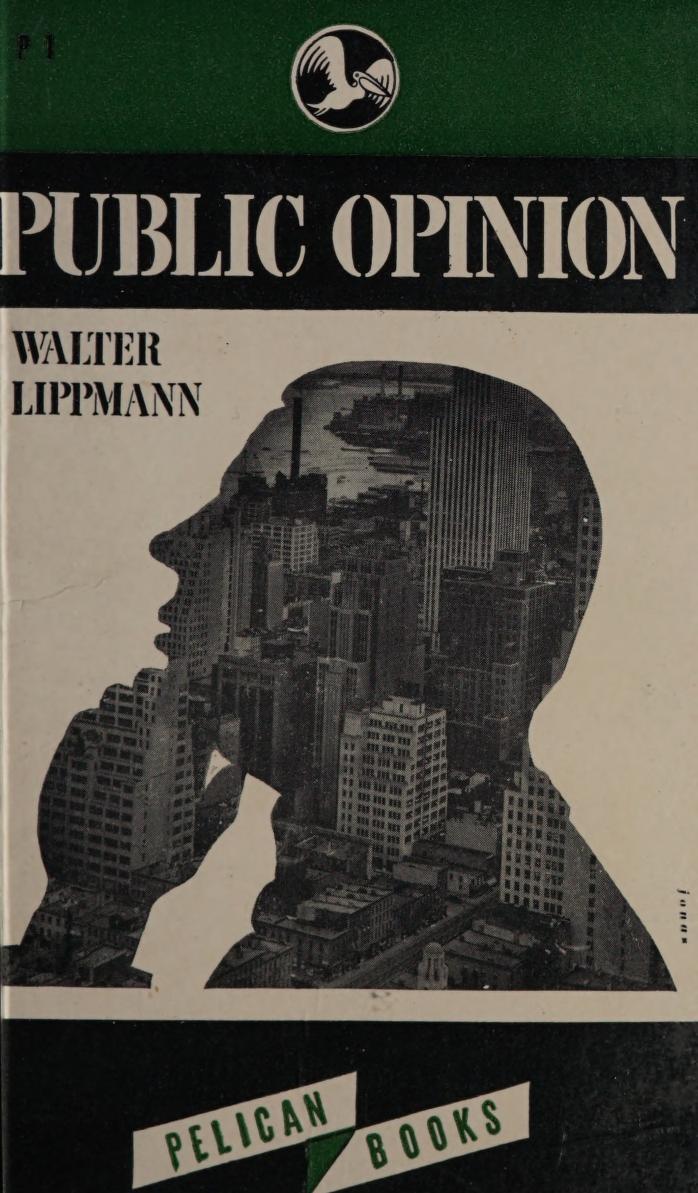
Public Opinion
References and Quotes
Public Opinion called for severe restrictions on public debate. The historic American argument was "a defect of democracy." It was impossible, said Lippmann, for the public even to know what its own best interests were. The public was hopelessly childish; it had to be cared for. Schools would have to teach children that the old ideal of active, participatory citizenship was biologically impossible. Decisions in complex industrial society had to be made by "invisible experts acting through government officials" for the good of all.
Walter Lippmann, among many, picked up these notes sounded by Mosca and augmented by the important American Fabian Herbert Croly in his book The Promise of American Life (1909). Teddy Roosevelt’s Progressive platform of 1912 was heavily larded with Croly/Mosca substance, an outlook demanding the public step back and let experts make the important decisions so the promise of American life could be realized. With these precepts in mind, Lippmann produced his own pair of influential books, Public Opinion (1922), followed by The Phantom Public (1925).